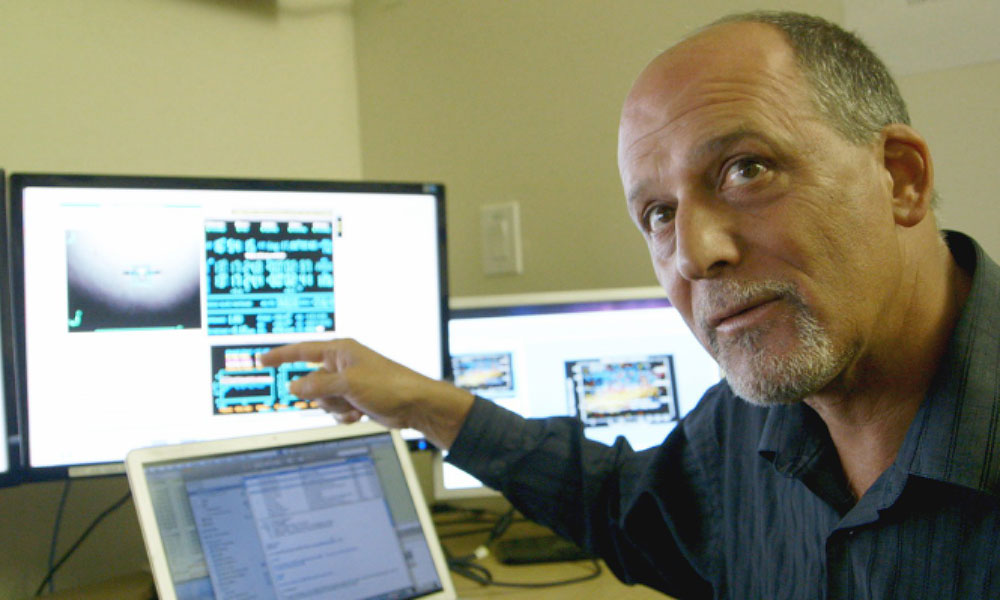
American Astronomical Society Takes Steps to Tackle Sexual Harassment
While the astronomy community reels from the reportedly pervasive sexual harassment carried out by a prominent astronomer and UC Berkeley professor, the American Astronomical Society is working to outline steps to prevent similar behavior.
The astronomy community was stunned earlier this month by the revelation that University of California, Berkeley, professor and well-known astronomer Geoff Marcy was the subject of a six-month internal investigation that found he had committed a series of sexual harassment violations between 2001 and 2010. After BuzzFeed reporter Azeen Ghorayshi broke the story, outrage swiftly spread over both Marcy’s actions and the culture that allowed his deeds to go unreported and unpunished for so long.
Marcy’s case has drawn particular attention because of his status within the astronomy community. As Ghorayshi wrote: “He’s won all sorts of awards and has risen beyond the confines of academia to become a kind of intellectual celebrity.”
Though Marcy disputes some of the report’s findings [PDF], he has since resigned from his post at Berkeley. The university has deemed his conduct “contemptible and inexcusable,” but that’s not enough for many within the scientific community. And Berkeley’s own condemnation of Marcy’s behavior was undercut by its earlier communication about the matter, which focused on his state of mind instead of the victims of his advances.
To combat this and future instances of abuse, close to 300 astronomers and physicists penned a letter to The New York Times drawing attention to the “extreme yet persistent problem that occurs on many college campuses and in many fields.” They also chastised the publication for perceived bias in favor of Marcy and for omitting crucial information that is unfavorable to the atronomer.
What’s more, several prominent members of the scientific community are telling their own stories of abuse, which they say is all too common in many fields.
Astronomers Take Action
In the face of community pressure to do something, the American Astronomical Society (AAS) is making changes. President C. Megan Urry called the news “a wake-up call to reform our field,” in an op-ed published by Scientific American.
“As a professional astronomer, I have seen this behavior push women out of science, technology, engineering and math (STEM),” Urry wrote. “I am angry that so many bright, ambitious, eager young scientists have had their dreams crushed, and I am sad that the world will not benefit from the discoveries and innovations those women (and it is most often women who are targeted) would have given us.”
And beyond her outrage, Urry is leading AAS to make practical changes to its policies to keep behaviors like Marcy’s from continuing within the astronomical community.
Urry highlighted a specific problem with the AAS code of ethics, which, she says, contains “vague language to characterize unacceptable behavior and provides no guidance on how to trigger or conduct an investigation, nor on the possible sanctions that might ensue.”
In a letter to the organization’s members, Urry announced that she has appointed three AAS officers to revise the code of ethics as quickly as possible, with a tentative goal of presenting their recommendations during the society’s January meeting.
And though she admits that there are many important questions that remain about Marcy’s behavior and how it went unpunished for so long, Urry is confident that “we can make astronomy a model for a progressive, productive scientific community.”
“We must now move past this crisis,” she added in her letter to members.
(Former Berkeley University professor Geoff Marcy. Credit: Lwp Kommunikáció/Flickr)






Comments